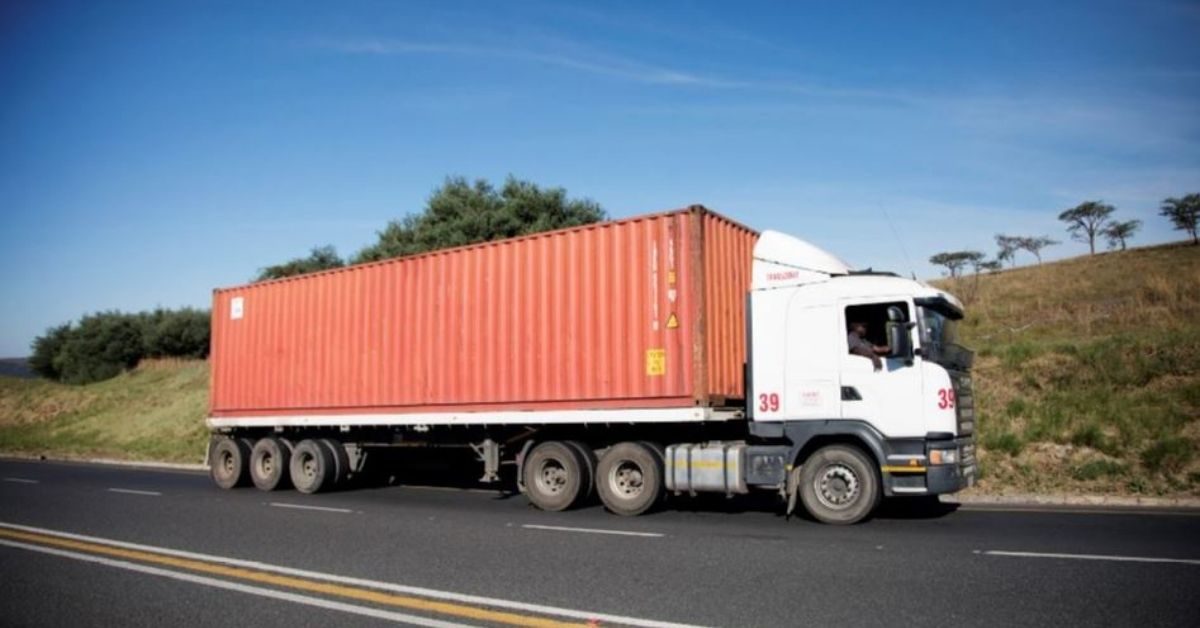Karnataka will soon see a new logistics policy to address the high-cost concerns of industries. Addressing industrialists at the BCIC Manufacturing Conclave, Karnataka Commissioner for Industrial Development and Director Industries & Commerce, government of Karnataka, Gunjan Krishna, informed that a draft policy was in the making.
“We have already drafted the logistics policy to enhance efficiency and reduce costs and are ready to place it before the state cabinet,” Krishna informed, elaborating on her statement at the conclave.
The policy aims to make it easy for anybody to operate a logistics business, warehousing and integrate technology. It will improve the ease of doing business in this sector, offering a single window clearance (for multiple aspects including pollution) and easy access to licences. It also proposes major industrial corridors to ease the movement of goods, with lower turnaround times.
“Today we spend 14% on our logistics and there is so much inefficiency in the system,” Krishna said. “When it comes to air, we are very good but our port becomes an issue simply because of western ghats,” she added. The western coast of India has several key ports responsible for the movement of large quantities of goods. Ports along the western ghats including Kandla Port, Jawaharlal Nehru Port, Kochi Port, New Mangalore Port, Mumbai Port and Mormugao Port witness a much higher movement of goods than the ports on the east coast.
The policy, aimed at creating a better ecosystem for business, is expected to attract more warehouses in the state. The government is also working on improving industrial infrastructure, offering plug-and-play facilities for foreign companies setting up shop here while easing access to finance, technology, market and efficient supply chains for micro, small and medium enterprises (MSME) growth, Krishna informed.
With about 10 million registered MSMEs. Karnataka is currently the fourth-largest contributor to India’s MSME GDP and has a share of about 8%.
In the next 2-3 months, the government is also expected to launch a platform that will integrate information from various markets across the globe in a “chat-GPT way” to ensure there is no information asymmetry for the MSME owners.
Evolving manufacturing hub
She also pointed out that Karnataka’s growing focus is on promoting electronic component manufacturing, aerospace and defence, besides employment-intensive sectors like textiles and electronics manufacturing, particularly semiconductors. She added that Tata-owned Wistron and Foxconn in Bengaluru will employ 40,000 and 1-1.5 lakh people respectively.
More and more foreign companies are setting up shops in Karnataka because of skilled workers, Krishna underscored stressing that the government is focused on improving skilling opportunities going forward.
Krishna also touched on the challenges presented to India post-pandemic such as climate change, navigating geopolitical dynamics and seizing opportunities amid global uncertainties, moving towards a more AI-driven economy and global demographic shifts.
Manufacturing is crucial for India to reach the $8.3 trillion export goal by 2047, said L Krishnan, Managing Director, Taegutec India. “Despite the immense opportunities at hand, it is crucial not to take them for granted. Policymaking and reform efforts are underway, with the government moving in the right direction. However, the industry must also play a proactive role by planning, preparing, and performing, while embracing a sustainable approach across product, process, and people,” he added.






